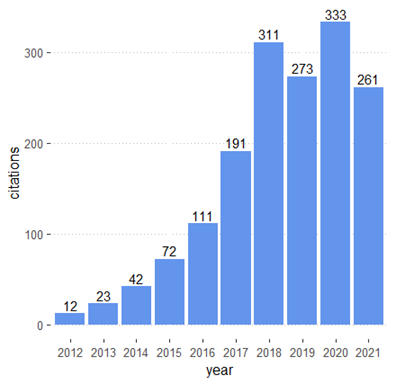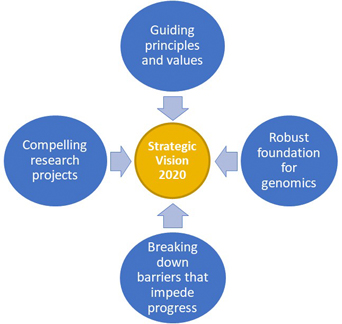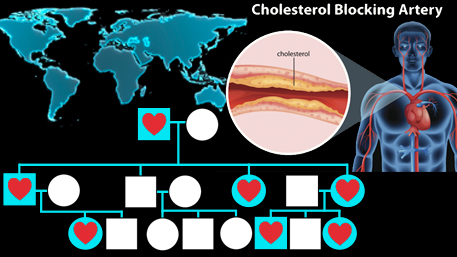Search Results
10 results for implementation science
Advancing Genomic Medicine in Africa: Work in Progress

A 2021 report by the African Academy of Sciences (AAS), the Alliance for Accelerating Excellence in Science in Africa (AESA), and the African Union Development Agency (AUDA-NEPAD) presented a framework for the implementation of genomic medicine for public health in Africa. Globally, there is widespread recognition of the potential of genomic medicine (GM) to improve
Posted on byWhat is the Role of Public Health in Addressing Health Equity in Genomics and Precision Medicine?

The following are excerpts from our recent paper in Genetics in Medicine. Although recent articles have included strong calls for a health equity agenda in genomics and precision medicine, these calls usually focus on underrepresentation of minority and ethnic populations in research. However, to ensure that genomic discoveries can lead to improved population health outcomes,
Posted on by 1 CommentTracking the Scientific Literature on the Impact of Pharmacogenomics on Clinical Practice and Public Health

Pharmacogenomics (PGx) is an emerging field that investigates genetic differences in drug effectiveness and safety. PGx is an essential component of precision medicine and seeks to provide the right medication for the right person at the right time. Advances in PGx promise to improve treatment of many diseases such as cancer and cardiovascular disease. In
Posted on byThe Current Landscape of CDC Publications in Human Genomics and Public Health

In October 2021, the CDC Office of Genomics and Precision Public Health (OGPPH) launched a new, five-year initiative to strengthen public health capacity in genomics and precision medicine. The emergence of evidence-based genomic applications and lack of equity in their implementation in clinical and public health practice provided an important impetus for this initiative. To
Posted on byApplications of Polygenic Risk Scores to Population Health: Where Are We?

An international multidisciplinary group of experts in genetics, law, ethics, behavioral sciences, and other fields reviews the state of science on polygenic scores and highlights risks and gaps before widespread use in practice. Polygenic risk scores (PRS) combine the small effects of many genes across the human genome to estimate the risk of a disease
Posted on byLarge-Scale Population Studies as a Path to Personalized Medicine: Easier Said than Done!

For more than two decades, advances in genomics have promised a new era of personalized or precision medicine (i.e., the right intervention to the right person at the right time). Scientific evaluation of new gene discoveries has been aided by the launch of large-scale epidemiologic and clinical collaborative global studies. In a recent commentary, McCarthy
Posted on byA New Vision for Using Genomics to Improve Health: An Expanded Role for Public Health

The National Human Genome Research Institute (NHGRI) recently published a new strategic vision 2020 to identify research priorities and opportunities in human genomics for improving health. The framework includes four main areas: guiding principles and values, a robust foundation for genomics, breaking down barriers that impede progress, and compelling research projects. Since the completion of
Posted on by 1 CommentReducing the Global Public Health Burden of Familial Hypercholesterolemia: More Work Ahead

In our previous blog, we discussed familial hypercholesterolemia as a prototype for “precision public health” and how the combination of public health and genetic approaches can contribute to raising awareness, diagnosis, and treatment of more than 1 million individuals in the United States with this relatively common genetic condition. Familial hypercholesterolemia (FH) is an underdiagnosed
Posted on by“Precision” Health Tools and… Increased Health Disparities?

Working from the perspective of public health, we have frequently expressed concerns about the potential of precision health technology to exacerbate health disparities. Many of these discussions have focused on genomic-based approaches such as using polygenic risk scores (PRS) for a wide array of disease and health outcomes. Because of minority underrepresentation in basic research,
Posted on byWhy should early career public health researchers pay attention to precision medicine?

In a recent commentary published in the American Journal of Public Health, I had the privilege of working with a group of early career investigators to begin a conversation about the impact that the debate between the utility of precision medicine and public health approaches is having as we begin our research careers. To begin, let’s
Posted on by

